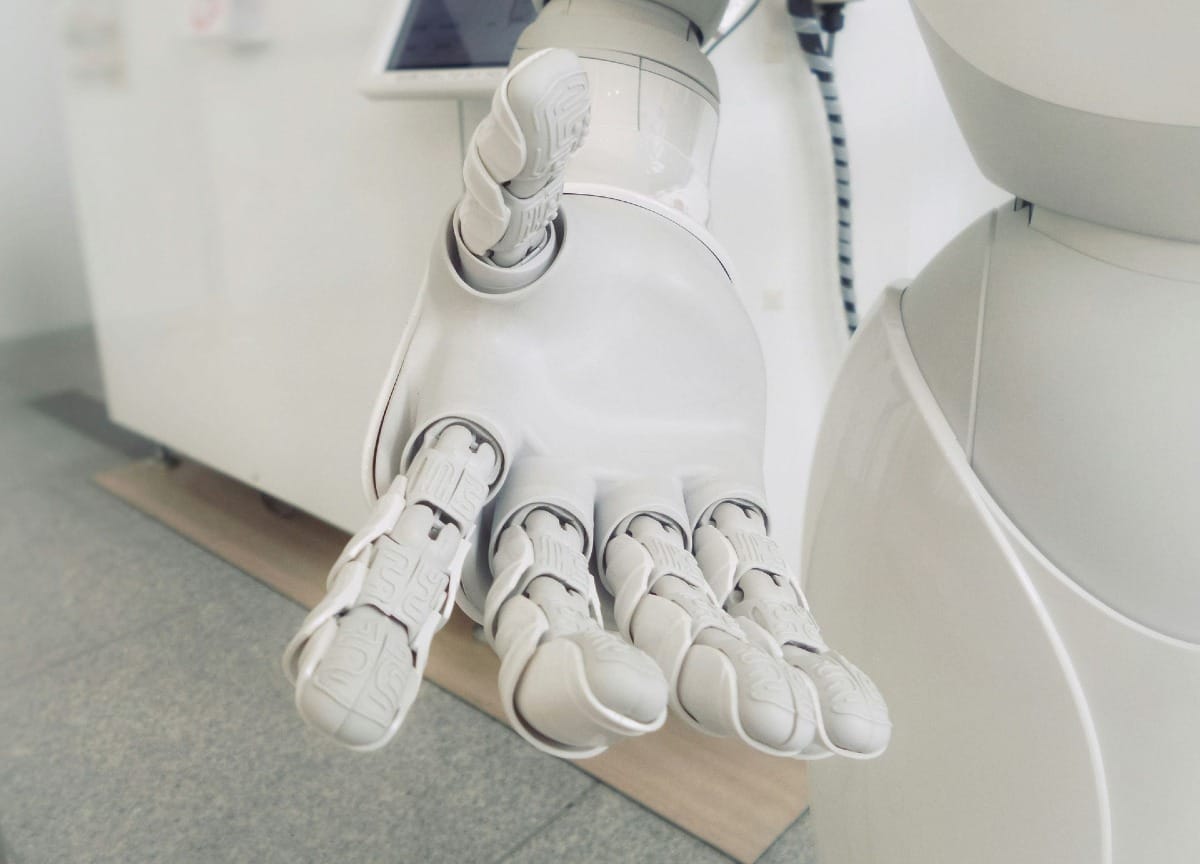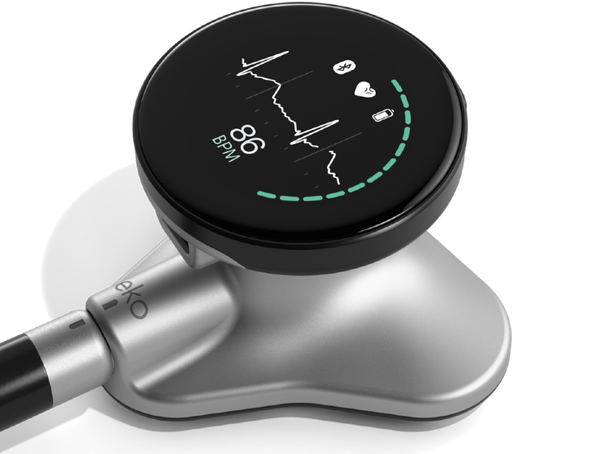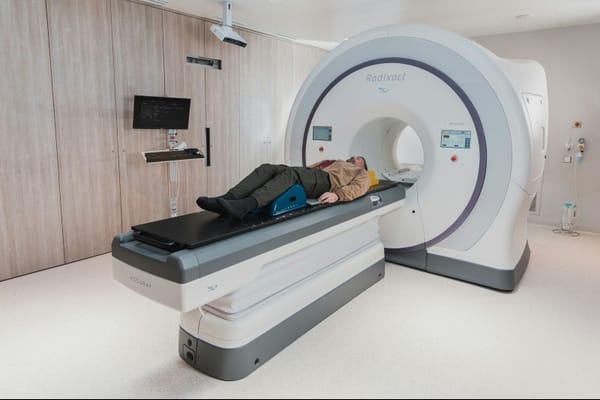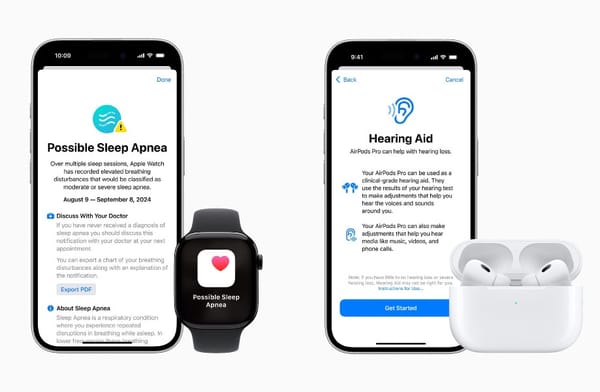The world of medicine is on the brink of a technological revolution, with groundbreaking innovations poised to transform healthcare as we know it. From artificial intelligence to wearable devices, these advancements are not just improving patient care but also reshaping the entire healthcare landscape. Let's explore the exciting future of medicine and the promising technologies that are leading the charge.
Key Takeaways
- Artificial intelligence and machine learning are enhancing disease detection and personalized treatment plans.
- Wearable devices are revolutionizing patient monitoring and preventive care.
- Blockchain technology is improving the security and accessibility of medical records.
- The COVID-19 pandemic has accelerated the adoption of digital health solutions.
- Ethical considerations and data security remain crucial challenges in healthcare innovation.
The AI Revolution in Healthcare
Artificial intelligence (AI) is making waves in the medical field, offering unprecedented capabilities in diagnosis and treatment[4]. Machine learning algorithms can now analyze vast amounts of medical data faster and more accurately than ever before. This means that diseases like cancer, diabetes, and heart conditions can be detected earlier, potentially saving countless lives[4].
One of the most exciting applications of AI is in medical imaging. AI-powered systems can spot anomalies in X-rays, MRIs, and other scans with incredible precision, often outperforming human radiologists[4]. This technology is not replacing doctors but rather enhancing their abilities, allowing them to make more informed decisions and catch potential issues that might otherwise go unnoticed.
Personalized Medicine: Tailoring Treatment to You
AI is also paving the way for truly personalized medicine. By analyzing a patient's genetic makeup, lifestyle, and environmental factors, AI can help doctors create customized treatment plans[4]. This approach is particularly promising for managing chronic diseases and complex conditions. Instead of a one-size-fits-all approach, patients can receive treatments specifically designed for their unique needs, potentially improving outcomes and reducing side effects.
Wearable Tech: Your Personal Health Monitor
Wearable devices have come a long way from simple step counters. Today's smartwatches and fitness trackers are sophisticated health monitoring systems[4]. Devices like WHOOP and Fitbit can track vital signs, detect irregularities, and provide real-time data to both patients and healthcare providers.
For example, diabetic patients can now use continuous glucose monitors that provide instant blood sugar readings, allowing for timely adjustments to insulin therapy[4]. Similarly, wearable ECG monitors can detect abnormal heart rhythms, potentially preventing serious cardiac events.
These devices are not just for personal use. When integrated with telemedicine platforms, they allow doctors to monitor patients remotely, reducing the need for frequent in-person visits[4]. This not only improves convenience for patients but also helps alleviate the burden on healthcare facilities.
Blockchain: Securing Your Medical History
Blockchain technology, best known for its use in cryptocurrencies, is finding a new purpose in healthcare. Platforms like MedRec are using blockchain to create secure and transparent systems for handling medical records[4].
With blockchain, patients have more control over their health information. They can grant specific healthcare providers access to their records as needed, ensuring that their medical history is always available but also protected. This seamless sharing of information can lead to more coordinated and effective care, especially when patients see multiple specialists or change healthcare providers.
The Pandemic Push: COVID-19's Impact on Health Tech
The COVID-19 pandemic has been a catalyst for digital health solutions[4]. Virtual consultations, remote patient monitoring, and AI-driven diagnostic tools have proven invaluable during this global crisis. These technologies have allowed healthcare systems to manage the surge in demand while minimizing the risk of infection.
The pandemic has also highlighted the need for healthcare systems that can quickly adapt to new challenges. The technologies we've discussed are helping to build more resilient and flexible healthcare infrastructure, capable of responding to future crises.
Challenges and Considerations
While these technological advancements offer incredible potential, they also come with challenges that need to be addressed[4]:
- Data Security: As healthcare becomes increasingly digital, protecting patient data from cyber threats is paramount.
- Privacy Concerns: Balancing the benefits of data sharing with patient privacy rights is an ongoing challenge.
- Ethical Implications: The use of AI in healthcare raises questions about algorithmic bias and decision-making transparency.
- Accessibility: Ensuring that these new technologies are available to all, regardless of socioeconomic status, is crucial for equitable healthcare.
The Road Ahead
The future of medicine is bright, with technology opening up new possibilities for diagnosis, treatment, and patient care. As these innovations continue to develop, we can look forward to a healthcare system that is more efficient, personalized, and accessible.
However, it's important to remember that technology is a tool, not a replacement for human care and compassion. The most effective healthcare of the future will likely combine cutting-edge technology with the irreplaceable human touch of dedicated healthcare professionals.
As we move forward, it's crucial that we embrace these innovations while also addressing the challenges they present. By doing so, we can create a future where healthcare is not just more advanced, but also more equitable and patient-centered.
The journey to the future of medicine has already begun, and it's an exciting time for both healthcare providers and patients alike. Stay informed, ask questions, and don't be afraid to engage with new technologies as they become available. Your health, and the health of your loved ones, may very well benefit from these incredible advancements in the years to come.















Member discussion